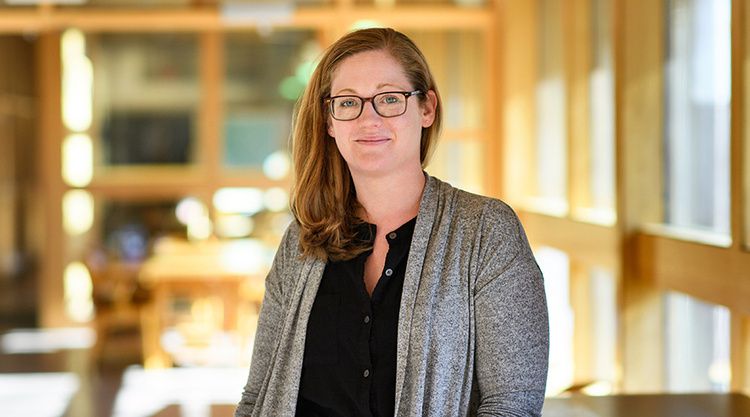
BME7900 Seminar: Brittany Adamson (Princeton)
Mapping the cellular determinants of genome editing in human cells
Efforts to repurpose CRISPR-Cas systems have produced a suite of genome-editing tools, including programmable nucleases, base editors, and prime editors. These tools have greatly enabled the study of genomes and gene function, and their advancement to therapeutic development has demonstrated promise for addressing a host of unmet medical needs. Our understanding of how endogenous cellular processes influence the activity of these tools, however, lags behind their application and, due to the rapid pace of technology development, behind efforts to build new approaches. Our work focuses on identifying cellular determinants of genome-editing tools to better understand how they work. In pursuit of this goal, we consider that to introduce sequence changes, genome-editing tools must damage DNA. Development of genome-editing tools therefore requires a basic understanding of the cellular systems that sense and respond to DNA damage and presents new opportunities to study those basic cellular systems. Our results provide key insights into how genome-editing tools interact with the cellular environment and suggest general strategies for improvement of these important technologies.
Bio:
Brittany Adamson is an assistant professor in the Department of Molecular Biology and the Lewis-Sigler Institute for Integrative Genomics at Princeton University. She is also a member of the Genomic Instability and Cancer Genetics Program at the Rutgers Cancer Institute of New Jersey. Prof. Adamson started her training in 2004 at the Massachusetts Institute of Technology in the laboratory of Angelika Amon. In 2007, she joined the lab of Stephen Elledge at Harvard Medical School, where she used functional genomics approaches to study DNA repair in human cells. She earned her Ph.D. from Harvard Medical School in 2012. Prof. Adamson then worked with Jonathan Weissman at the University of California, San Francisco, where she received a postdoctoral fellowship from the Damon Runyon Cancer Research Foundation. Her postdoctoral work pioneered new approaches for functional genomics in human cells, technologies that now enable dissection of cellular pathways with unprecedented resolution. With her lab at Princeton, Prof. Adamson continues to use and develop cutting-edge experimental tools, including genetic screening methods and single-cell RNA-sequencing, to study genome editing and DNA repair, as well as other areas of interest to the group. Dr. Adamson is the recipient of a 2020 Searle Scholars Award and Rutgers Cancer Institute of New Jersey New Investigator Award.